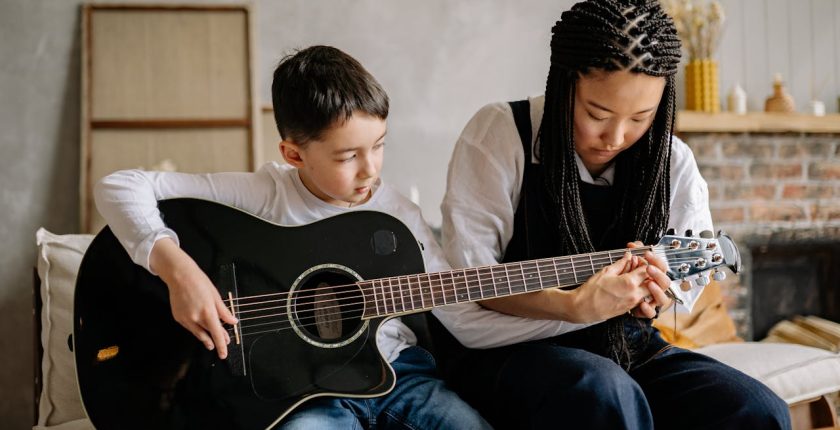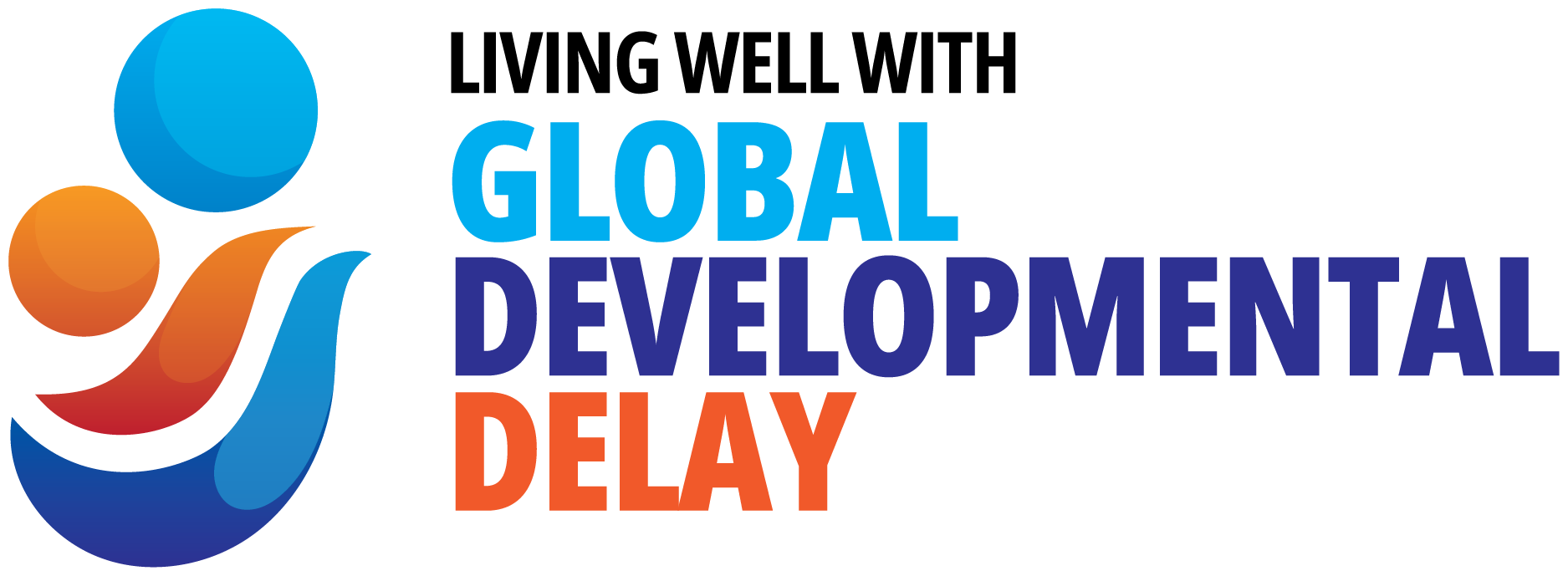Blog
Music Therapy and Global Developmental Delay
- August 12, 2024
- Posted by: gl0b4dm1n
- Category: Global Developmental Delay

There are a variety of therapeutic interventions available to help children diagnosed with Global Developmental Delay. These include speech pathology, psychology, and occupational therapy. But did you know that another intervention – music therapy – is also used widely and has been proven to have several positive benefits for this population?
Music Therapy is an evidence-based therapeutic intervention that uses music to facilitate social, emotional, cognitive, and physical development. Music therapy has been gaining more attention recently as an effective intervention for Global Developmental Delay. As a condition that affects children’s development in multiple areas, including physical, cognitive, and social-emotional, music therapy can be used to help children improve their skills in all these areas. For example, consider these scenarios:
- Music therapy may help a child with co-ordination issues and poor muscle tone to develop their motor skills and coordination in their arms and hands, through focussed playing of a variety of musical instruments.
- Music therapy can help with a child with their language development, by enabling them to sing words and phrases that they are learning but have difficulties in speaking. Putting words to music helps a child with learning delays to more easily learn and familiarise with the words.
- Music therapy can help develop a child’s social interactions. Playing or singing music together models effective social communication in areas such as turn-taking, which can motivate and help a child who has difficulty interacting normally.
- Music therapy can help a child develop better coping mechanisms for stress and anxiety, through listening to active participation in music. Music therapists are skilled in helping children with delays to learn to understand and regulate their emotions. The close link between music and emotions has been well-researched and provides a basis for helping children “externalise” and become more aware of their feelings, which in turn can help them manage those feelings.
So, how does music therapy work? Music therapy involves the use of music to create an environment that is conducive to health, wellbeing, and development. The process includes the use of rhythm, melody, and harmony within the spectrum of musical styles and genres, to stimulate the senses. The therapist will then use this environment to guide a child or group of children through activities that will help them reach their developmental goals.
Music therapy has been found to be effective in helping individuals with Global Developmental Delay achieve greater levels of cognitive development, improved communication skills. social skills, motor skills. It can also play a large part in improving overall quality of life by helping a child become more aware of themselves and their environment, and build better relationships with others.
One important aspect of music as a therapy is that music can be a very effective mode of self-expression and communication for a person who has difficulty communicating in other ways. Music therapists often work with clients using a strengths-based approach to achieve personalised outcomes, which include:
- structuring activities and actions – through experiencing and understanding the time-based structure in music
- maintaining focus and attention – music is a naturally attractive phenomenon and focussing on a song or piece of music from start to end may assist this to happen in other areas
- developing musical understanding
- improving social interaction
- improving fine- and gross- motor skills
- improving motor co-ordination
- enhanced self-concept
- better decision making and faster cognitive processing
- enhanced confidence
- regulating emotions – because we attach emotions to certain music, we can use it in learning to understand emotions and their natural variability.
So, what does a Music Therapy session look like? There are many ways in which sessions can be structured. Generally, a music therapy session will consist of the following activities:
- improvising music along with the therapist – singing, playing instruments, or a combination of both
- guidance in playing music using adaptive techniques and a variety of accessible musical instruments
- music listening and appreciation, and using music to relax and regulate
- opportunity to use music of a child’s own preference – for example, using their favourite songs
- using various instruments – piano, drums, guitar, bass are commonly-used instruments, but music therapists commonly use a wide range of instruments according to a child’s preferences and abilities.
I have worked as a music therapist for several years, and I never cease to be amazed at the power of music to generate change. There is something about music which just seems to “cut through” with many children for whom most areas of communication and interaction are challenging or impractical. We all respond to music in some way, and music therapy is really about harnessing this power to enable change and wellbeing. And of course, children have a special relationship with music. Children with Global Developmental Delay are no different.
With its ability to stimulate multiple functional areas at once, music therapy has become an increasingly popular intervention to address many of the issues faced by children and families living with Global Developmental Delay. Registered Music Therapists in Australia are highly skilled and trained professionals in the use of music to achieve positive outcomes for clients. A music therapist will always be happy to explain their techniques and to formulate goals that match each individual child’s needs.
And yes, Music Therapy is a recognised therapeutic support with the National Disability Insurance Scheme (NDIS)!
For further information or to find a music therapist in your area, check out the Australian Music Therapy Association: www.austmta.org.au.
Dr Matthew Breaden
